It is of eloquence as of a flame; it requires matter to feed it, and motion to excite it; and it brightens as it burns
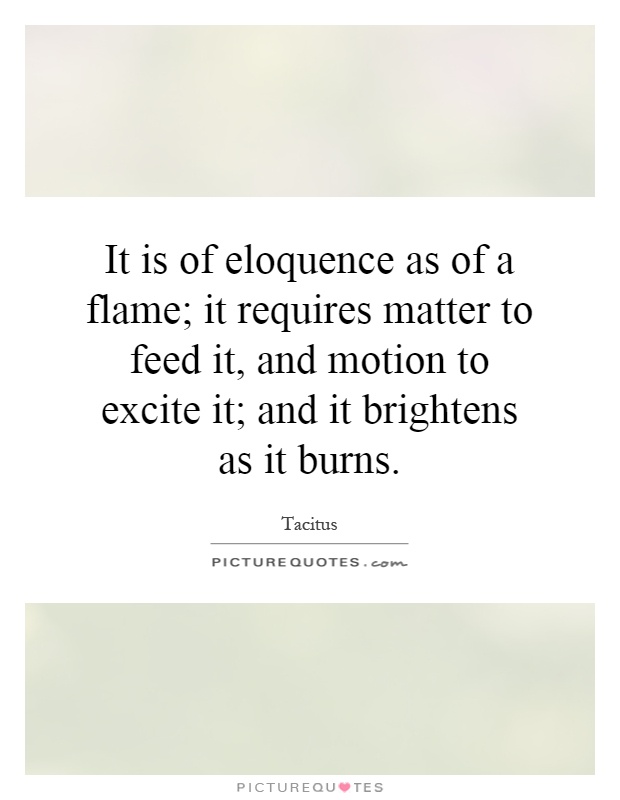
It is of eloquence as of a flame; it requires matter to feed it, and motion to excite it; and it brightens as it burns
The quote “It is of eloquence as of a flame; it requires matter to feed it, and motion to excite it; and it brightens as it burns” perfectly encapsulates the essence of Tacitus, a renowned Roman historian and orator known for his powerful and persuasive writing style. Tacitus was a master of eloquence, able to captivate his audience with his words and evoke strong emotions through his vivid descriptions and compelling arguments.Like a flame, Tacitus’ eloquence required “matter” to feed it. In his case, this “matter” was the wealth of knowledge and information he possessed about the events and figures of his time. Tacitus was a meticulous researcher and historian, known for his attention to detail and accuracy in his accounts. He drew upon a wide range of sources, including official documents, eyewitness accounts, and his own observations, to provide a comprehensive and nuanced understanding of the events he described.
Furthermore, Tacitus’ eloquence required “motion” to excite it. This “motion” can be seen in the passion and conviction with which Tacitus wrote about the political and social issues of his time. Tacitus was deeply concerned with the moral decay and corruption he saw in Roman society, and he used his writing as a platform to criticize and challenge the status quo. His words were not just empty rhetoric; they were a call to action, urging his readers to reflect on their own values and beliefs and to strive for a better and more just society.
Tacitus’ eloquence “brightened as it burned.” Like a flame that grows brighter as it consumes its fuel, Tacitus’ words became more powerful and incisive as he delved deeper into his subject matter. His writing was characterized by its intensity and emotional depth, as well as its sharp wit and keen insight. Tacitus’ eloquence was not just a tool for persuasion; it was a force of nature, capable of illuminating the darkest corners of human behavior and society.






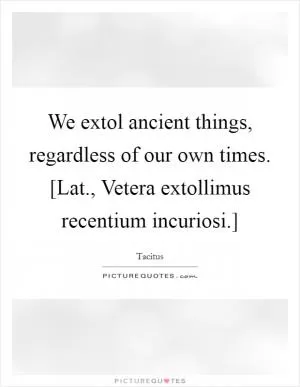
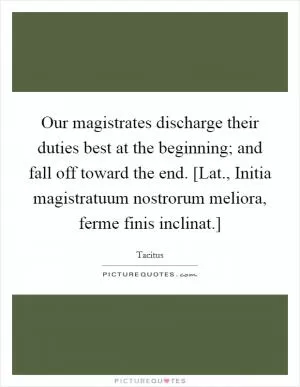


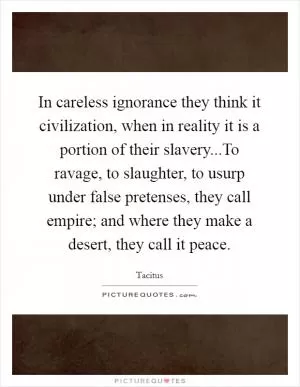
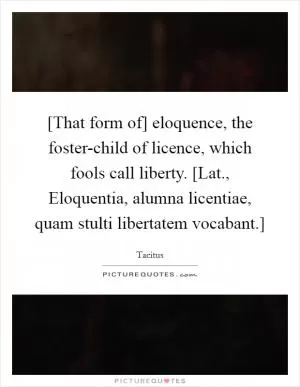
 Friendship Quotes
Friendship Quotes Love Quotes
Love Quotes Life Quotes
Life Quotes Funny Quotes
Funny Quotes Motivational Quotes
Motivational Quotes Inspirational Quotes
Inspirational Quotes